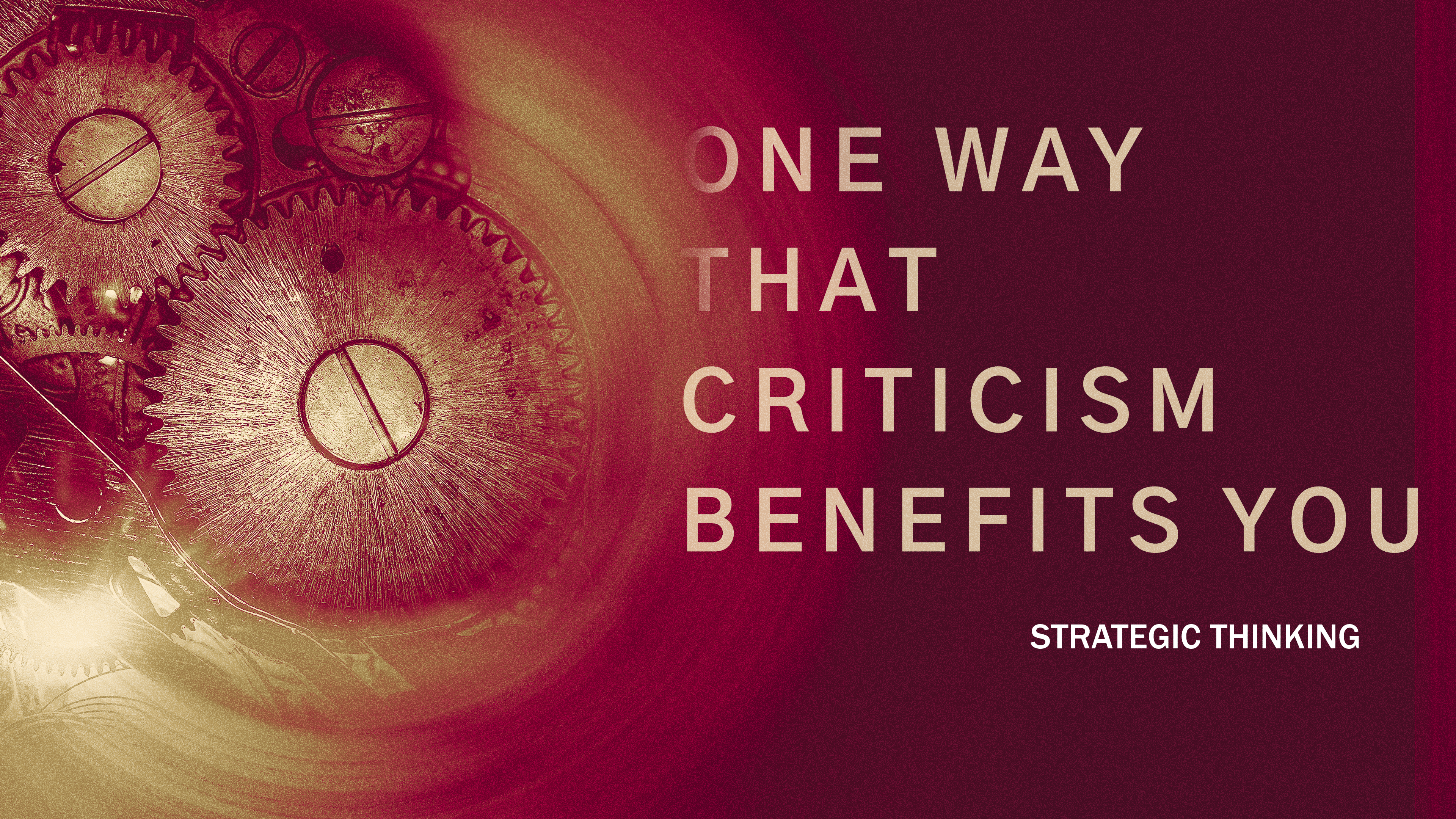What happened?
It seemed like things were going well, people were happy, strategic objectives were being met and exceeded…and then, WHAM! So-and-so isn’t happy with such-and-such.
And, leader, we have a problem.
Problems occur in the functioning of any organization. They can hinder the forward momentum of the organization’s purpose and in some instances, can bring it to a dead stop…or blow it up completely. Sometimes it’s as small as a “pinch”, a minor annoyance that, if not resolved, evolves into a major problem. Other times, there are chronic, underlying problems that continually nibble away at effectiveness. If not addressed (and handled well) the amount of energy expended on “issues” increases, reducing the energy devoted to why we are really here. It doesn’t have to be this way.
The better-led organizations handle problems quickly, before the momentum of the organization wanes, and before the problem picks up steam. They also prevent most problems from ever occurring. And, so can you.
In helping organizations large and small resolve issues involving a handful of people all the way to a group of 150 people, here are three keys to dealing with conflict:
Key #1: Manage your own, internal anxiety before (& while) you manage a conflict.
The #1 key to dealing with conflict is to be a “non-anxious presence.” (per Edwin Friedman, Norman Shawchuck, et al.). The #2 key is a distant #2. When you self-regulate your personal anxiety, before and during the conflict, you have the most important item you need to successfully navigate it. Often, while I am leading a mediation, I will feel the anxiety rising within me. I consciously recognize it, then diminish it. If I didn’t do that, the odds of blowing up the mediation greatly increase.
Key #2: Deal with this particular situation.
There is an odd tendency to go theoretical in the midst of a problem. “The problem with most people today…” does not at all help you in your current conundrum. It can actually intensify the issue at hand because the participants may feel you are dodging the problem…and them. Lean into what this problem is, with these folks, right now…while you are following Key #1 (which is a major reason why #1 is so important).
Key #3: Address the conflict soon.
There is an old sitcom featuring a wiry, half-witted deputy nestled in small town America. Barney Fife’s signature saying (or one of them) was, “You’ve got to nip it in the bud!” He wasn’t much of a deputy, but the principle applies to every.single.conflict.
The best way to solve a problem is early.
A little intervention now takes less effort, less time and has less fallout than the same situation that has been allowed to cook…and then boil over. These three keys are fundamentally necessary in resolving conflict well. How you deal with a situation also determines, to a large extent, how well it will go. We will cover those in upcoming articles…




